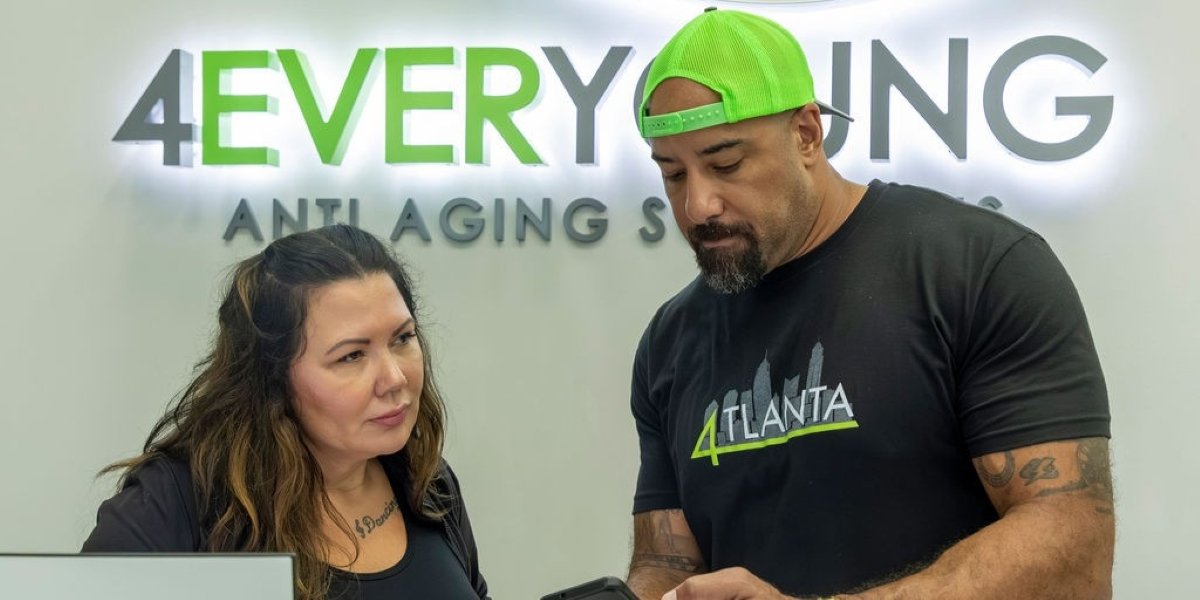The core idea behind mentoring for diversity and inclusion is simple yet powerful: connect individuals from different walks of life, with unique experiences and perspectives, to learn and grow together. This connection can be established in various ways, from structured mentoring programs within companies to informal relationships that blossom naturally. It can even involve reverse mentoring, where younger employees share their insights on DEI matters with senior leaders.
Mentoring for diversity and inclusion offers a multitude of advantages. For individuals from underrepresented groups, who are often faced with systemic barriers, mentoring can open doors to invaluable networks, resources, and opportunities that might otherwise seem inaccessible. It’s like having a guide who can show you the ropes and connect you with people who can help you succeed. Moreover, mentoring helps these individuals develop essential skills and build the confidence needed to navigate and overcome the challenges they may face in their personal and professional lives. It’s about empowering them to reach their full potential.
For those who take on the role of mentors, the benefits are equally significant. Mentoring someone from a different background can be a truly enriching experience. It broadens their perspectives, challenges their preconceived notions, and exposes them to new ideas and ways of thinking. It’s like a journey of mutual learning and growth. Additionally, mentoring can make them better leaders by enhancing their cultural competence, which is the ability to understand and interact effectively with people from different cultures, and by fostering empathy, the ability to put themselves in someone else’s shoes.
Organizations that embrace mentoring for diversity and inclusion also stand to gain a great deal. Research has consistently shown that workplaces that prioritize inclusion are more innovative, productive, and ultimately, more profitable. They are able to attract and retain top talent from diverse backgrounds, which brings a wider range of perspectives and ideas to the table. This diversity of thought fuels creativity and problem-solving, leading to better outcomes.
However, it’s important to remember that mentoring for diversity and inclusion is not a magic solution. It’s not enough to simply establish a mentoring program and expect everything to change overnight. It must be integrated into a comprehensive DEI strategy that tackles systemic issues head-on and fosters a culture of inclusion at all levels of the organization.
In the workplace, mentoring for diversity and inclusion acts as a bridge, connecting individuals from different backgrounds and experiences. It encourages collaboration and breaks down barriers that may exist between departments or teams. By fostering open communication and understanding, mentoring helps create a more cohesive and inclusive work environment. Additionally, it plays a crucial role in developing future leaders. Through mentoring relationships, underrepresented employees are given the guidance and support needed to enhance their leadership skills, paving the way for a more diverse and representative leadership pipeline.
In educational settings, mentoring for diversity and inclusion is a powerful tool for creating a sense of belonging among students from underrepresented groups. It helps them feel connected to their school community and provides them with the support they need to thrive academically and emotionally. Mentors can offer guidance on academic subjects, share their own experiences, and help students develop the social-emotional skills necessary for success.
In communities, mentoring for diversity and inclusion fosters connections between different groups, promoting understanding and respect for diverse perspectives. It creates opportunities for individuals from marginalized communities to connect with mentors who can provide guidance, support, and encouragement. By empowering individuals with the tools and resources they need, mentoring helps them become leaders and advocates for change within their communities.











